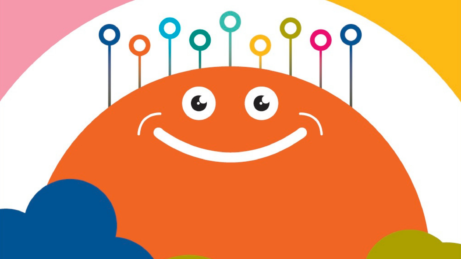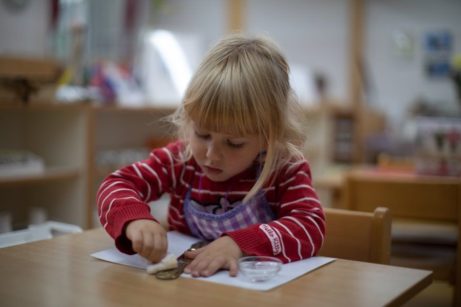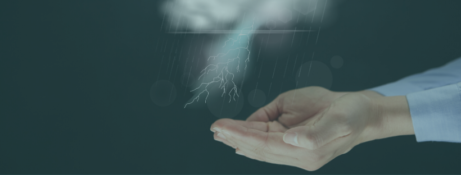Regeneration and Hope
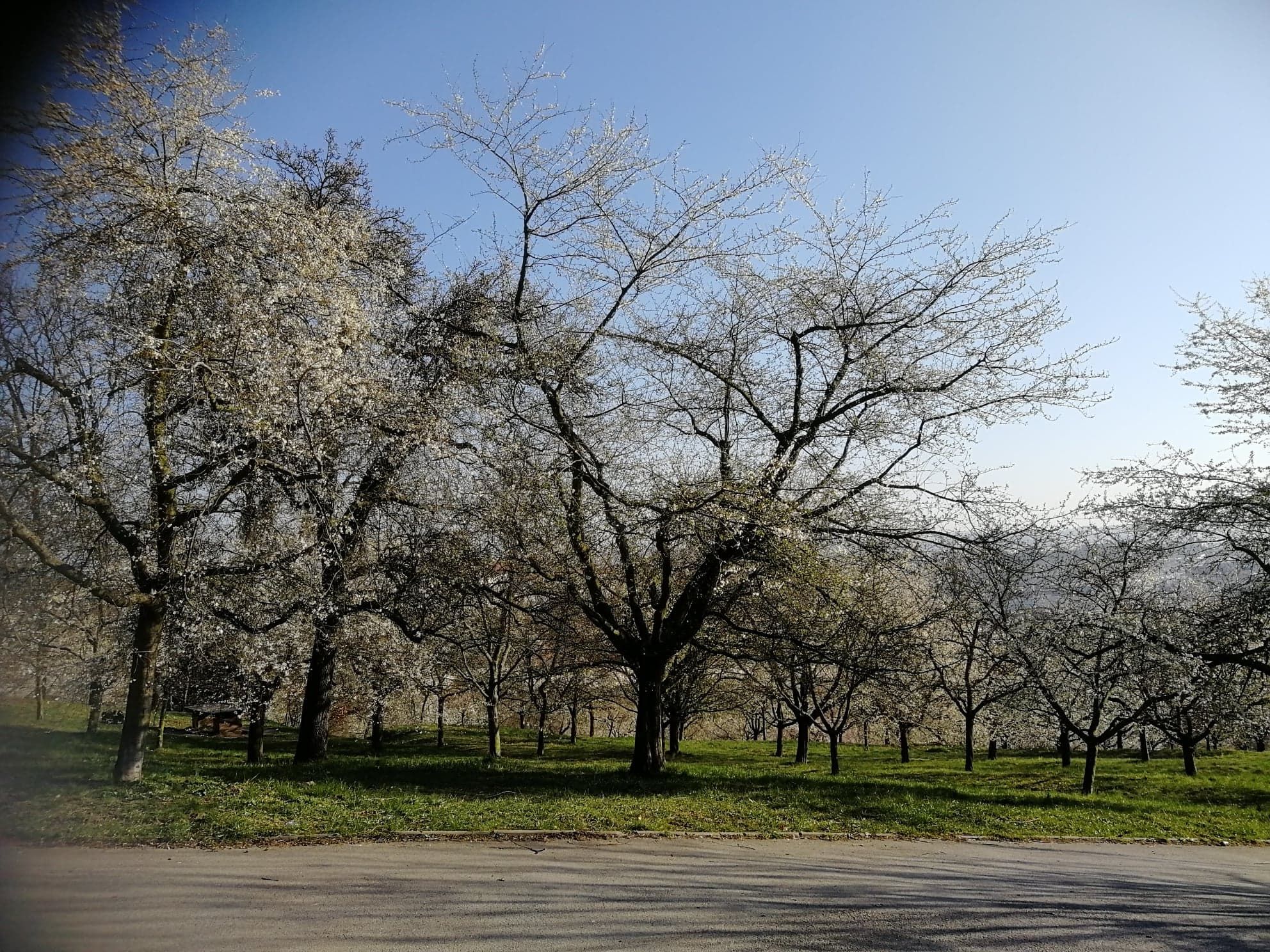
Spring in Prague 2020, by Kavita Doodnauth
As many others have said, we are living in unprecedented times. Many of us are grieving the loss of connection with those we love and care about. We are grieving the loss of many aspects of emotional and physical safety and grappling with uncertainty. Some are acknowledging the inequities in society – not all of our students and staff have access to receive and provide online learning, we are not all ‘safer at home’. Maybe like me, you are even having moments of feeling guilty about the privilege of being okay during this moment of such difficulty for so many.
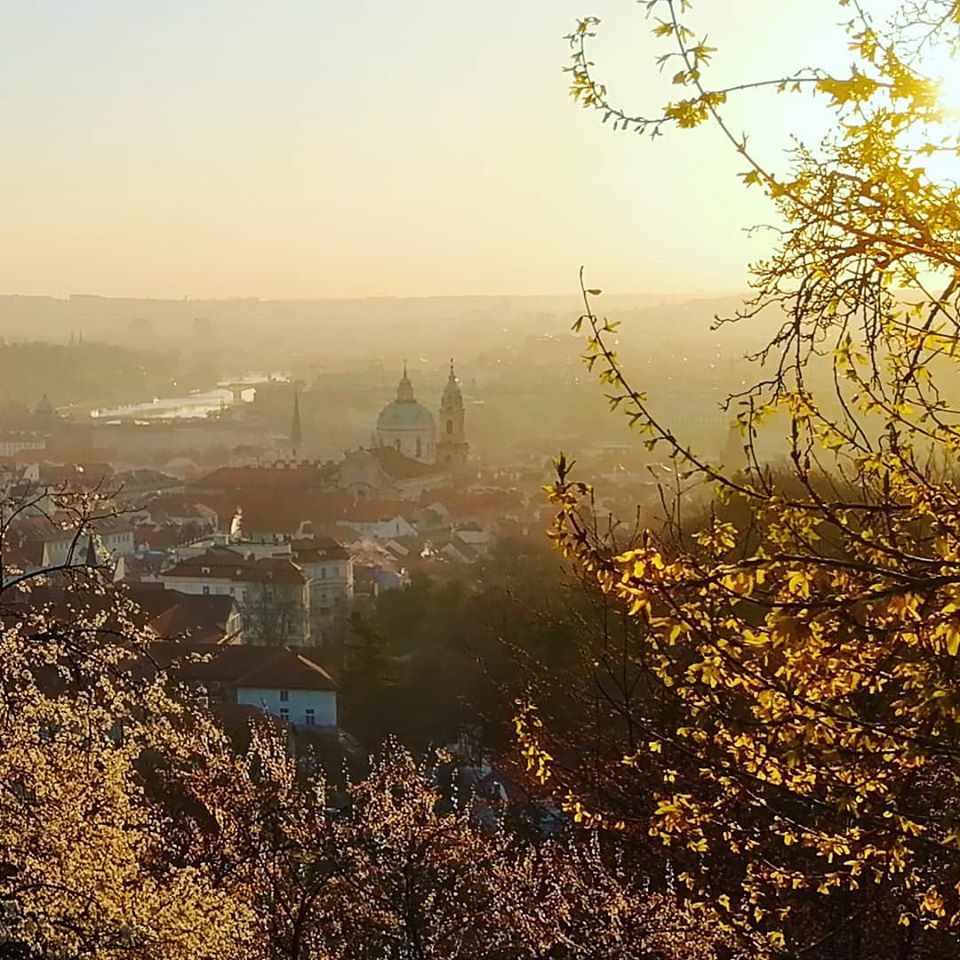
Prague Morning, by Kavita Doodnauth
In the midst of this, so many wonderful stories of resilience and community have emerged. Neighbours, school leaders, business owners reaching out to support those in need and governments putting health and safety over commerce. During our Community Conversation, Kathy Minardi shared Margaret Wheatly’s four stages of a society in collapse. We have been experiencing stages one and two, ‘building community’ and in some cases ‘moving to survival mode with the negativity that can bring’. I think we are in stage three and it is here that I want to share my hope with you.
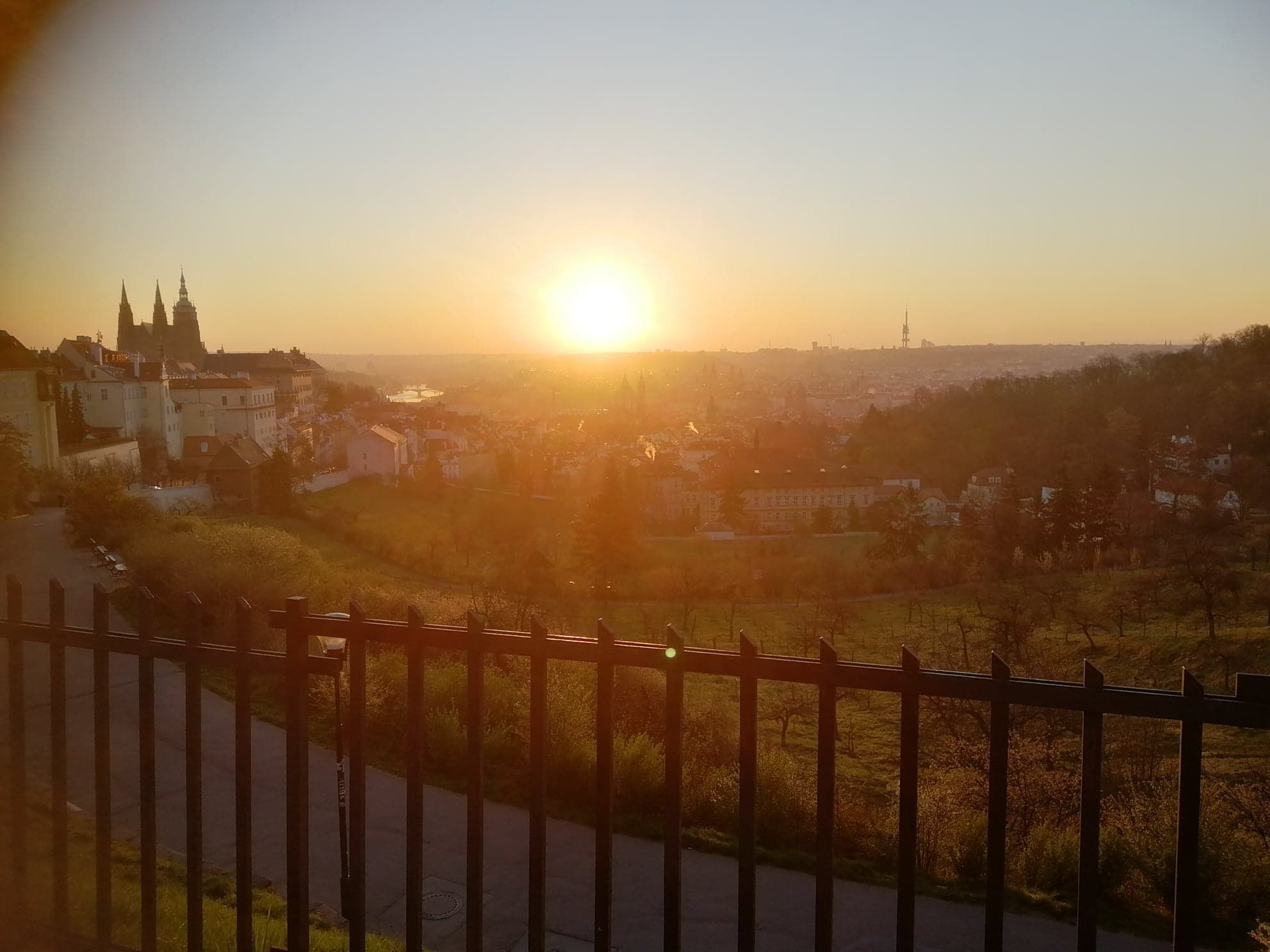
Sunrise in Prague, by Kavita Doodnauth
My notes from that conversation list stage three as, ‘realizing that no one is going to save you – we must work in an interdependent way to get what we want and get beyond this’. In the last few weeks, I’ve overheard people saying ”we’ll see what changes” referring to the aftermath of this pandemic. My hope is that Montessorians do more than that and take an even more active role in creating the world we know is possible. As Montessori said, “The task of the educator, therefore, is immense for the progress of humanity and the peace of the world is in his hands”(The San Remo Lectures, 1949, p.47). When we move into stage four, ‘integrating the lessons we have learned during this time into our societies’ will we move to create that world outside of the Montessori community?
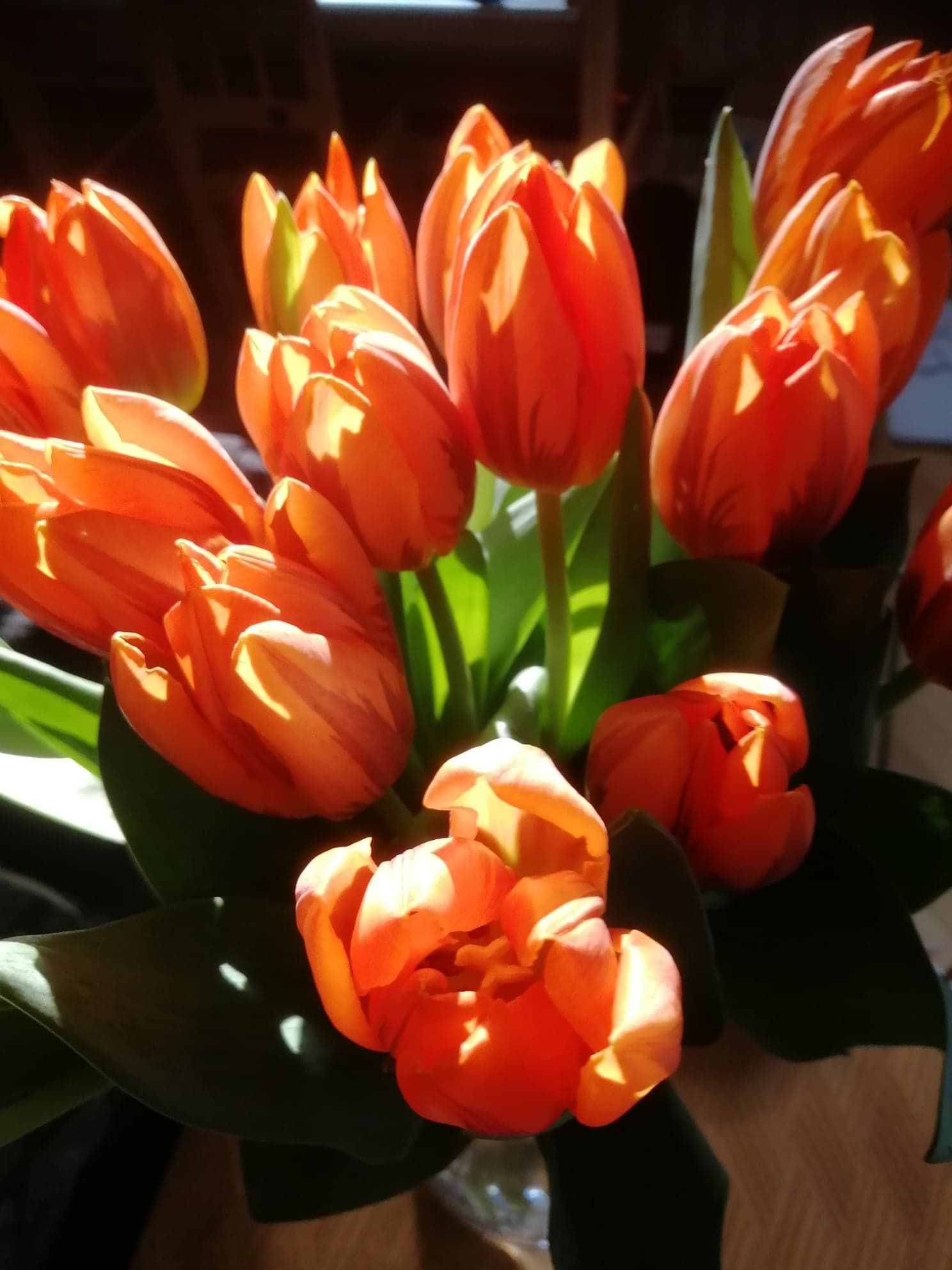
Spring is here, by Kavita Doodnauth
I believe we know what is needed to prepare children for their future. We develop the seeds of critical thinking, environmental stewardship, community building through collaboration in the children’s house. We are creating microcosms of that better future now in our schools providing deeply engaging developmentally stimulating environments where our students experience wonder, have the freedom to think big and to collaboratively solve real problems. We may not know what their future will look like but we do know they will need these and other skills to “help the child be better adapted to the future of civilization.”(The 1946 London Lectures, Lecture 13, p 93) . We must connect with the philosophy of our pedagogy wholeheartedly and fearlessly by embracing Dr Montessori’s message that the child is the hope for the future.
By Kavita Doodnauth
